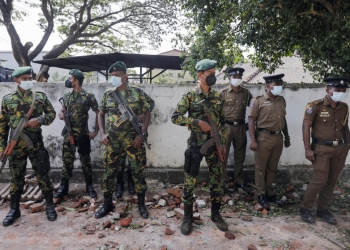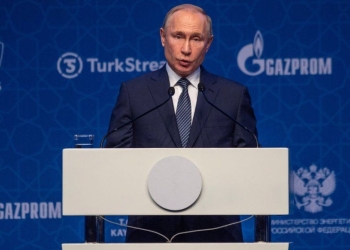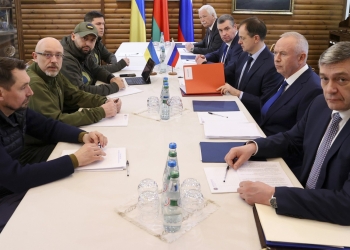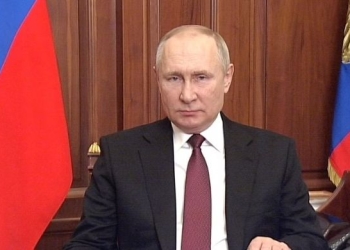On Friday, the U.N. Security Council approved a resolution on the safeguarding of education in armed confrontation. Resolution 2601, which received majority approval from the council’s 15 members, categorically rejects all infringements of internationally accepted law encompassing the recruiting efforts and the use of children by groups to military confrontation, and also their re-recruitment, slaughtering innocent, sexual assault, and other forms of sexual exploitation, and kidnappings, according to Xinhua.
It also opposes assaults on hospitals and schools, the obstruction of humanitarian assistance by military parties in conflict, and other abuses of human rights. The resolution calls on UN members to create appropriate action to prevent and respond to assaults and threats on schools and educational institutions, as well as to build existing legislative structures to ensure compliance with their respective existing international commitments.
It opposes the use of classrooms for military purposes in breach of international law and acknowledges that such use by the military government and armed organizations may constitute the school’s legitimate military targets of strike, jeopardizing both child’s and educators’ health and education.
Indian-origin Anita Anand has been appointed as Canada’s new Defence Minister
It encourages participant countries to respect schools as safe havens from all types of aggression, noting that women may be the unfortunate targets of attacks on their schooling, which could also result in serious infractions such as attempted kidnapping, sexual assault, as well as other forms of sexual exploitation, and it demands on national governments to work together to address girls’ equivalent satisfaction of their right to an education.
The resolution calls on national governments to prohibit and avoid the recruiting and re-recruitment of kids by warring parties in conflict zones. It also emphasizes the significance of assisting children with disabilities who are impacted by military confrontation and urges member states to implement necessary steps to ensure access to quality education during the conflict.
It urges national governments to take the appropriate steps within one‘s national jurisdictions to provide help and support for the resumption of schooling for asylum seekers and relocated children, and it urges nationwide, provincial, and worldwide collaborators to endorse efforts to incorporate refugees into school systems with sufficient financing and specialized assistance.
























